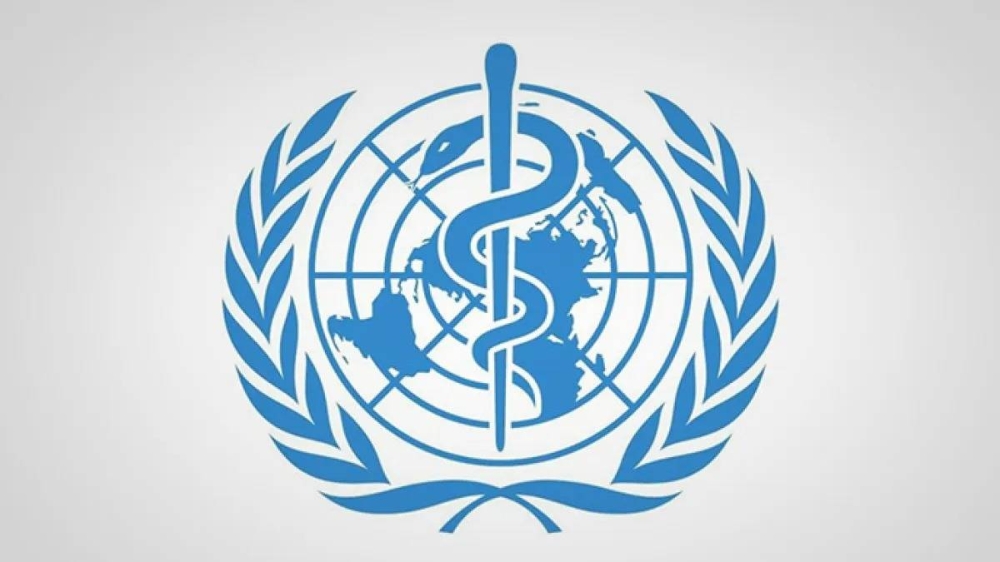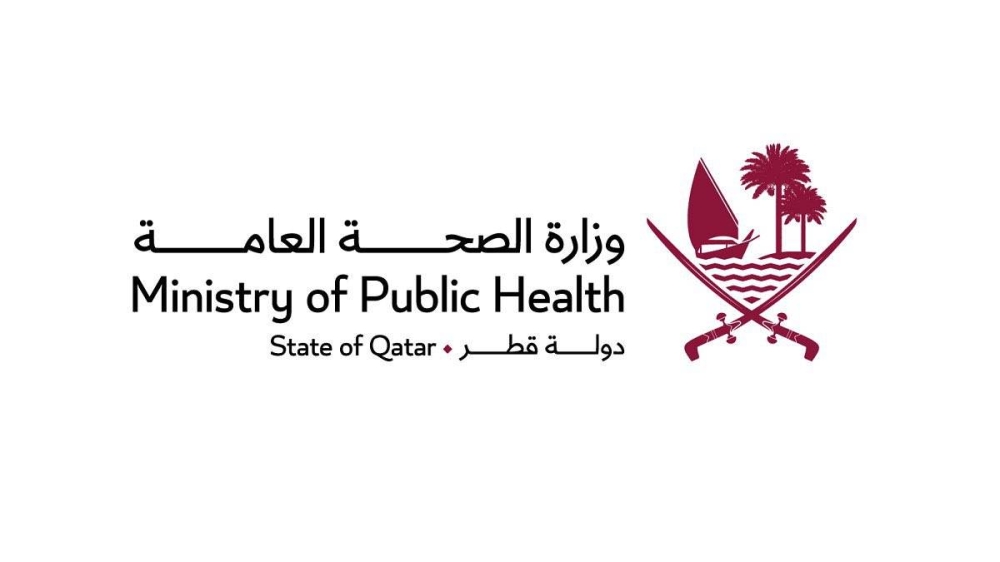

In a landmark development that heralds a transformative era for rehabilitation healthcare, Hamad Medical Corporation (HMC) and the World Health Organization (WHO), with the support of the Ministry of Public Health (MoPH), have united to announce a pioneering agreement.
This collaboration will see the implementation of the Rehabilitation Module of Routine Health Information Systems (RHIS) named the Rehabilitation Data System (RDS) in Qatar, marking Qatar as one of the first countries in the world to undertake this significant transformation.
The move is poised to catalyze a regional shift towards a unified and standardized approach to rehabilitation care, potentially extending its influence on neighboring countries within the Eastern Mediterranean Regional Office (EMRO) sphere.
Deputy Chief of Rehabilitation of Long-Term Care and Geriatrics, and the Lead of Rehabilitation Therapy Services at HMC, Dr. Hanadi Al Hamad, who spearheaded the initiative, expressed her enthusiasm for the project, "this partnership with WHO to implement the RHIS marks a major step forward for our healthcare system. This initiative aligns with Qatar's National Health Strategy to provide high-quality, patient-centered care. By leveraging advanced health information systems, we are ensuring that our rehabilitation services meet international standards and address the unique needs of our population."
"The RDS initiative is more than just an advancement in healthcare technology; its a commitment to the people of Qatar and the region. By standardizing rehabilitation care, we are ensuring that every patient receives the best possible rehabilitation care based on the latest evidence and data," Dr. Al Hamad added.
"With the Rehabilitation Module of Routine Health Information Systems, we are not just changing how we work; we are changing how we plan for rehabilitation care," said technical advisor at WHO Dr. Wouter De Groote, adding,"it is about building a system that is proactive, predictive, and patient-centered."
The RHIS, a module developed in alignment with the WHO's global standards, is designed to revolutionize the way rehabilitation data is collected, analyzed and utilized. By integrating this system, Qatar is taking a bold step towards enhancing the quality, accessibility, and efficiency of rehabilitation services, ensuring they are tailored to the specific needs of individuals requiring care.
WHO Country Officer of Qatar Dr. Rayana Bou Haka highlighted the significance of this initiative, "the implementation of the RDS in Qatar sets a precedent for the region," noting that, by adopting a standardized health information system, Qatar is not only advancing its own healthcare capabilities but also providing a model for other countries to follow.
The RHIS Rehabilitation Module or RDS will facilitate the collection of comprehensive data from healthcare facilities, enabling healthcare professionals to make informed decisions based on accurate, real-time information. This data-driven approach is expected to significantly improve the monitoring and evaluation of rehabilitation services, leading to more effective resource allocation and better health outcomes for patients.
The collaboration between HMC, MoPH, and WHO reflects a shared dedication to innovation and continuous improvement in healthcare. The successful implementation of the RHIS in Qatar promises to serve as a beacon for other nations in the region, demonstrating the profound impact of integrating standardized health information systems on patient care and public health.
